The debate over population dynamics has taken an intriguing turn with the emergence of a movement that sees having more children as vital to the survival of society. This burgeoning belief, known as pronatalism, has transitioned from the fringes to gaining more mainstream attention. NPR’s Lisa Hagen, alongside sociologist Karen Guzzo, sheds light on the key players driving this ideology.
Understanding Pronatalism
Pronatalism essentially advocates for higher birth rates, suggesting that an increase in population is crucial for the economic and cultural vitality of civilizations. Proponents argue that without a growing population, societies may face economic decline and a diminished sense of cultural identity. This movement is particularly concerned with trends in many developed countries where birth rates have been steadily declining.
Who’s Championing the Cause?
Prominent figures and organizations are now backing pronatalist ideas, emphasizing the need to support families and encourage larger households. This support ranges from political figures to cultural influencers who argue that demographic trends could lead to severe societal repercussions if not addressed. The movement also finds allies in some religious groups, which traditionally uphold the values of family expansion.
Potential Implications
While pronatalism offers a response to fears of decreased population growth, it also raises questions about sustainability and resource allocation. Critics argue that simply increasing birth rates could strain existing resources and highlight the importance of balancing growth with environmental considerations. Furthermore, the movement’s focus on quantity over quality raises ethical debates about the well-being of future generations.
As these discussions continue to evolve, pronatalism’s impact on policy and cultural norms remains a subject of interest and debate. For more insights into how these dynamics are unfolding, visit NPR’s detailed coverage here.
“`






